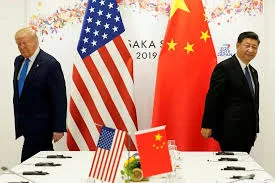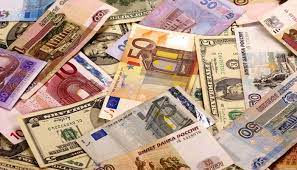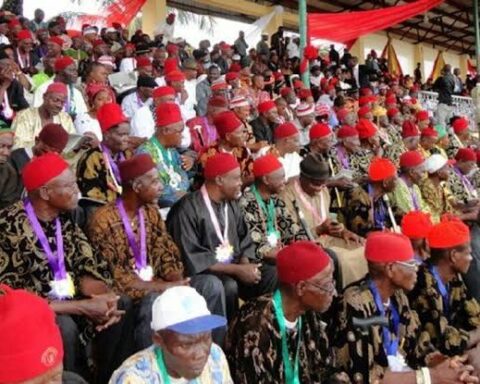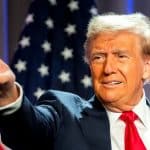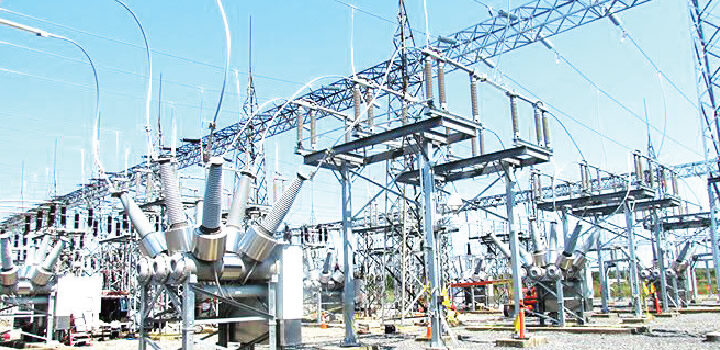China has announced new tariffs on U.S. imports in response to Washington’s latest trade restrictions. The country will impose a 15% tariff on coal and liquefied natural gas (LNG) and a 10% tariff on crude oil, agricultural machinery, and large-engine cars from the U.S. These measures will take effect on February 10.
China’s finance ministry released a statement criticizing the U.S. action. “The U.S. tariffs violate World Trade Organization rules and undermine the normal economic and trade cooperation between China and the U.S.,” the ministry stated.
Join our WhatsApp ChannelKey U.S. Exports Affected by China’s Tariffs
China is a major buyer of U.S. coal and natural gas. According to the U.S. Energy Information Administration, China was the second-largest importer of U.S. coal in the first three quarters of 2024, accounting for 10.9 percent of total coal exports. The country also purchased 2.9 percent of U.S. natural gas exports between January and November 2024.
The new tariffs are expected to impact American energy exporters significantly. A U.S. energy official, who requested anonymity, said, “China’s tariffs will put pressure on our coal and LNG industries. This is a setback for American energy producers.”
Trump’s Tariffs on China Trigger Retaliation
China’s decision comes after U.S. President Donald Trump imposed a 10 percent tariff on all Chinese imports. The U.S. measures took effect on Tuesday following months of trade threats between the two nations.
Trump defended his decision, saying, “The U.S. has been taken advantage of for too long. We are simply leveling the playing field. China has to play fair.”
READ ALSO: Mexico’s President, Trump Announce Delay On Tariffs
Besides targeting China, Trump also planned to impose tariffs on imports from Canada and Mexico. However, after discussions with their leaders, he agreed to pause those measures for 30 days.
China Expands Trade Restrictions
Beyond tariffs, China announced export controls on several key industrial elements, including tungsten, tellurium, bismuth, molybdenum, and indium. These minerals are essential in high-tech production, and many are designated as critical by the U.S. government.
A Chinese trade official explained the move, saying, “These restrictions are necessary to protect our economic interests. The U.S. actions have forced us to respond accordingly.”

Google Faces Trouble in China
The trade conflict extends beyond tariffs. China’s State Administration for Market Regulation has launched an antitrust investigation into Google. Although the search engine is banned in China, Google profits from Chinese companies advertising abroad and through the widespread use of its Android operating system in Chinese-made smartphones.
An official from the Chinese regulator stated, “We are investigating Google’s business practices to determine whether they violate Chinese antitrust laws.”
A Google spokesperson responded, saying, “We comply with all relevant regulations in the markets where we operate. We will cooperate with authorities as needed.”
Trade Tensions Resemble 2018 Dispute
The escalating tariffs and trade restrictions resemble the trade war of 2018, when Trump raised tariffs on Chinese goods and China retaliated with its own measures. Both nations suffered economic consequences, and tensions only eased after extensive negotiations.
Trump is expected to speak with Chinese President Xi Jinping in the coming days. Analysts believe the conversation could be crucial in preventing a full-scale trade war between the world’s two largest economies.
A senior U.S. trade official commented, “Both sides have a lot to lose. We hope negotiations can lead to a resolution before this situation worsens.”
For now, businesses and consumers in both countries remain uncertain about the future of trade relations as the tariff battle continues.
Emmanuel Ochayi is a journalist. He is a graduate of the University of Lagos, School of first choice and the nations pride. Emmanuel is keen on exploring writing angles in different areas, including Business, climate change, politics, Education, and others.

